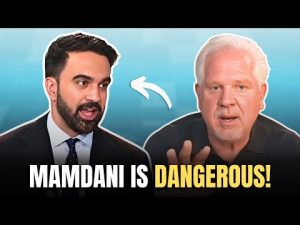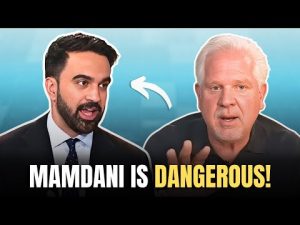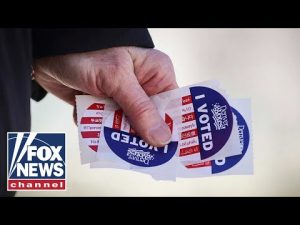In today’s world of political drama and cultural skirmishes, it’s not uncommon to witness a battle of narratives, each vying for dominance in the public sphere. One such tale revolves around Kamala Harris, who previously served as Vice President of the United States. Harris often finds herself at the center of controversy, not just from the opposing party, but from within her own ranks as well. The issue at hand is whether her often criticized public persona, characterized by seemingly awkward giggles and peculiar commentary, diminishes her political credibility. Some argue that her actions and public speaking, which lack substantive content and occasionally delve into the bizarre, severely limit her potential for future aspirations, such as a presidential run.
Kamala Harris’s perceived flaws might be seen as a strategic liability for the Democratic Party, especially with the looming prospect of future elections. Speculation is rampant that her own party views her as unelectable on a larger scale, with doubts about her ability to secure any significant office independently. If the implications of this analysis hold true, the party may seek more grounded and persuasive candidates, fearing inevitable defeat in the primaries. The grim outlook for Harris underscores the internal discord within the Democratic ranks and highlights a potential fracture between public perception and the real game of politics.
The narrative pivots to the entertainment industry’s intersection with political controversy, notably the unusual case of Jussie Smollett. Years ago, Smollett found himself embroiled in a scandal involving a fabricated attack that garnered national attention. While many view his actions as a staged hoax that wasted law enforcement resources, a new documentary suggests there could be evidence to vindicate him. The mere promotion of this possibility through mainstream platforms like Netflix illustrates a broader trend of revisiting contentious issues and stirring public interest. Yet, this rekindling isn’t without its consequences, as it reignites debates on race, politics, and media responsibility.
Attention also shifts to revelations about alleged political misdeeds during previous administrations, specifically the handling of intelligence related to the Russia investigation. A whistleblower claims undue influence was exerted, painting a picture of media complicity and governmental overreach in painting Trump as a Russian puppet. This assertion of past corruption threatens to renew discussions on accountability and transparency within the corridors of power. It reminds us that every administration’s actions are under scrutiny, and past decisions have long-lasting impacts on political trust and integrity.
While past controversies continue to brew, new faces continue to emerge in the political landscape, but some prominent names like J.D. Vance and Marco Rubio, who have been involved in politics for years, seek to capture the spirit of the MAGA movement. Despite this, the shadow of Trump looms large, signaling an ongoing contest for influence and power. The interplay between these contenders reflects the party’s strategic maneuvering, aiming to harness populist energy without prematurely anointing a successor. This dynamic ensures the conservative voice remains robust and adaptive, ready to tackle future political challenges.







